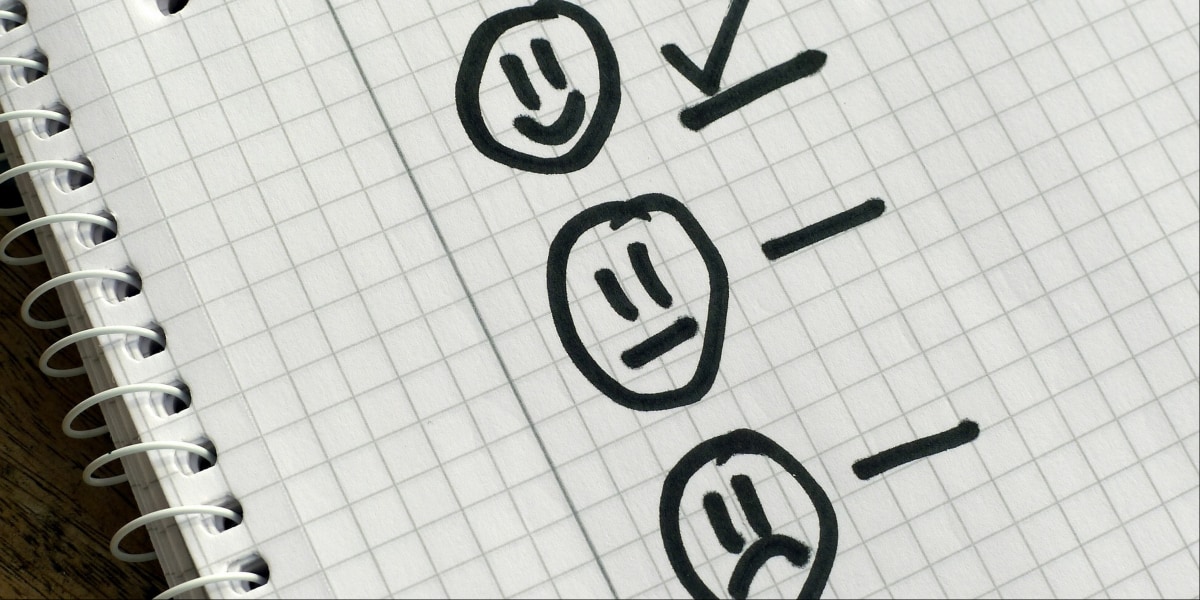What Is Cognitive Behavioral Therapy, And How Can It Help Me In My Life?
When you hear the word “therapy,” what first comes to mind? Is it an image of someone lying on a couch, telling their woes to a bespectacled psychologist? Is it questions like “how does that make you feel?” Is it going over the deep, dark secrets of your past to see how they’re affecting your now?
The truth is, most of these stereotypes aren’t true, especially when it comes to Cognitive Behavioral Therapy (or CBT for short). CBT is one of the most effective therapies in use today, and can be used to help people deal with everything from depression to eating disorders to marital conflicts.

So What Is Cognitive Behavioral Therapy?
Put simply, CBT is a form of talk therapy. This means that when you go in for a session, you’ll be doing a lot of talking – about your thoughts, feelings, current life circumstances, and more. You’ll still talk about your previous life experiences some because it’s important for your therapist to have a good understanding of where you’re coming from. However, CBT doesn’t tend to focus on your past as much as some other types of therapy. Instead, you and your therapist will look more closely at your current life circumstances.
At its core, CBT is designed to help people develop strong coping mechanisms that they can use to tackle the issues they’re facing in life. To do this, it focuses on:
- Helping you identify and change flaws in your way of thinking that are contributing to your struggles
- Helping you identify behaviors that are undermining your goals
- Helping you have greater insight into the behaviors and thoughts of other people
While CBT won’t take all of your problems away, it will teach you how to cope with them in a healthier way. Once you’ve learned how to control and guide your thoughts and actions, you’ll be better able to face and overcome the challenges life throws at you.
According to the Mayo Clinic, CBT has been proven to be effective in helping with:
- Depression
- Anxiety disorders
- Phobias
- PTSD
- Sleep disorders
- Eating disorders
- Obsessive-compulsive disorder (OCD)
- Substance use disorders
- Bipolar disorders
- Schizophrenia
- Sexual disorders
Though CBT is one of the most effective therapies available to treat mental illness, it can also be used to:
- Learn techniques for coping with stressful life situations
- Identify ways to manage emotions
- Resolve relationship conflicts and learn better ways to communicate
- Cope with grief or loss
- Overcome emotional trauma related to abuse or violence
- Cope with a medical illness
- Manage chronic physical symptoms
In some cases, CBT can be as or more effective than treating these struggles with drugs. Your therapist will help you determine what course of action is right for you.

What Does A CBT Session Look Like?
CBT is usually considered short-term therapy, and most therapists strive to help their clients see positive changes in their lives in between 5 and 20 sessions. Because of that, CBT sessions can be intense at times, and you may leave feeling mentally and physically tired. CBT is designed to help you identify, challenge, and reshape counterproductive ways of thinking. It takes work, but the results are definitely worth it!
You will also be asked to do homework, in which you apply the lessons learned in your sessions to situations in your everyday life. If you take the time to do it, this homework will help you progress faster and successfully internalize your newly learned ways of thinking.
If you’re curious about how Cognitive Behavioral Therapy can help you or a loved one, please reach out to us at 307-631-5574. We would be happy to answer any questions you may have!

